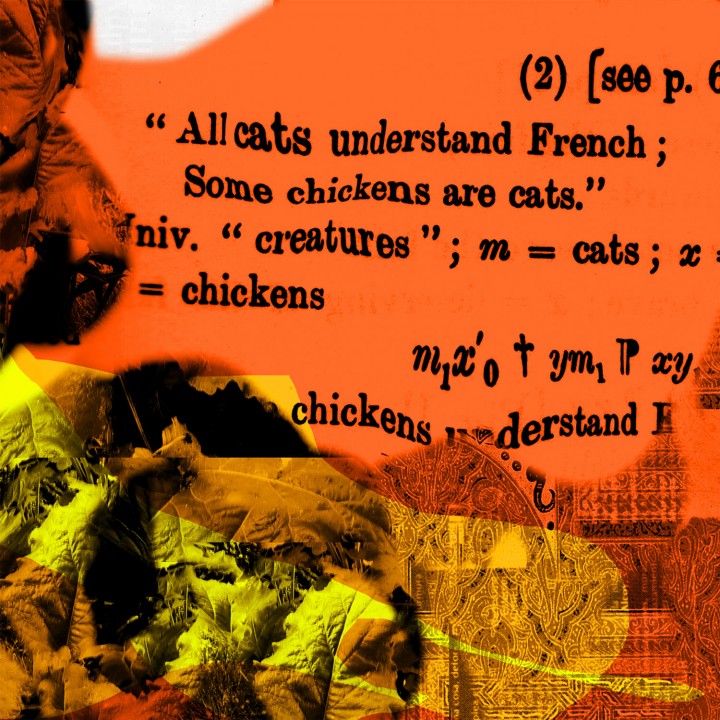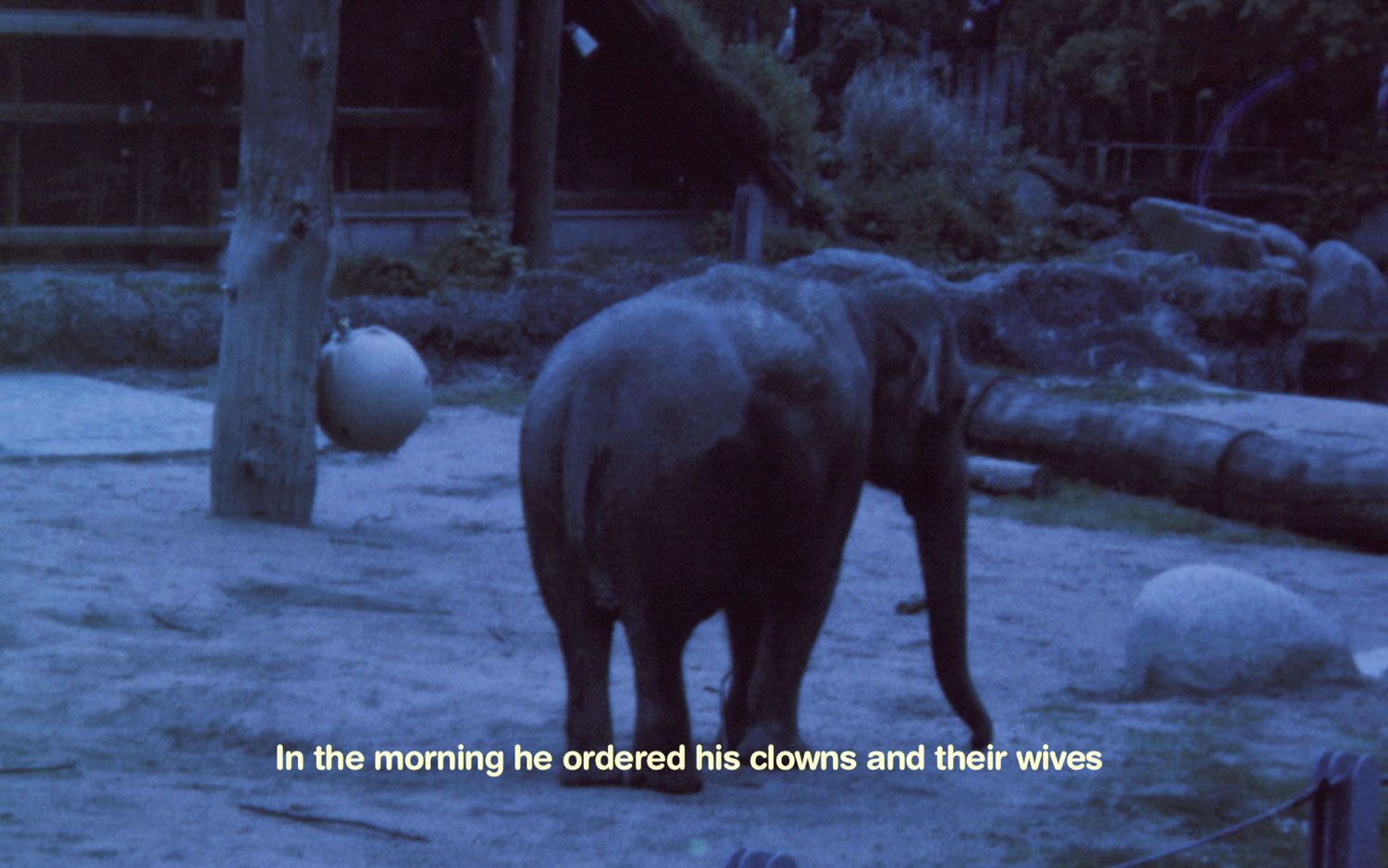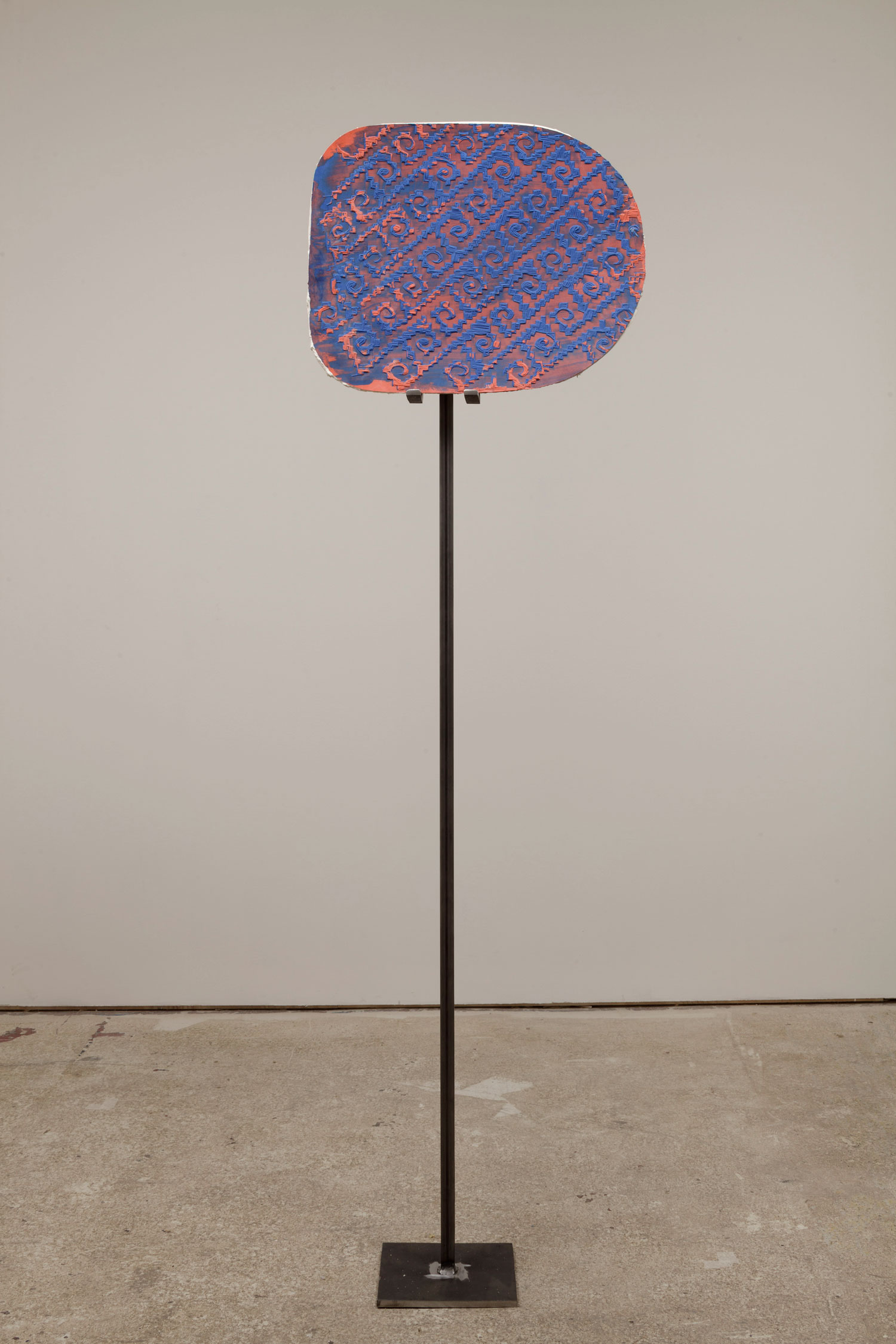 Lodovico Pignatti Morano: In your piece on William S. Burroughs recently published in the London Review of Books you wrote:
Lodovico Pignatti Morano: In your piece on William S. Burroughs recently published in the London Review of Books you wrote:
“Burroughs has to have been among the last American novelists to have lived an entire, real life before becoming a writer, in the sense that Melville, Jack London and Poe had real lives, and spent years of utter anonymity among individuals unlike themselves, in many layers of the class system…” [“Predatory Sex Aliens,” London Review of Books, Vol. 36, No. 9, May 8, 2014, pp. 25–26]
Gary Indiana: Well, traditionally, I think this applies when you talk about literature and art making; the way things were done in the past doesn’t have to be repeated, but a novel should be a picture of a world that you know about.
I believe there are more than five senses, additional ones that come maybe from early in the evolution of our species, that enable us to know more about one another and ourselves than we consciously know. So sometimes in the process of writing, a novel particularly, insight comes out that you don’t know quite where it comes from — but it turns out to be accurate about something that you just intuited about how other people think, or how other people feel. It’s something that comes with the process of writing. But you have to really know something to start with, in a way that you feel consciously sure of, and that leads into the stuff you think you don’t know.
LPM: How important do you think writing is for actually motivating one to acquire experience? Don’t you think that giving yourself the identity of “the writer” can stimulate you to seek out a particular quality of experience, out in the world?
GI: I don’t think people normally stage experiences to write about them. I don’t think the idea of writing about something should be primarily why things happen in your life. I mean, your life is your life. Your work is something else.
Maybe to parse the original question a little differently, I don’t think about literature in terms of myself at all. People who have an exalted idea of what they do bore me. The best artists are almost always the least prolific, and conflicted about what they make. When I was younger I probably felt I had to write all these books. But I’ve written them, I don’t feel that way anymore. If I never write another book that’s fine.
LPM: I’m not saying you actually do things to write books, but I’m saying that this searching out of experience is one of the sensory tools that you develop as a writer to help you guide your movement. You say to yourself: “I’m going to move in this direction because it helps me write and writing makes me feel…” — well, it’s therapeutic…
GI: I tend to think of working with images or words as a particular, bracketed activity. It’s not what I live for. I have no particular reason to be alive and I don’t believe that writing or making art provides you with a reason for being alive. I might feel happier when I’m working than when I’m not, but happiness is a mood, not a permanent condition an adult should wish for. There is no reason for being alive, just the desire to go on living instead of being dead.
I don’t have that Romantic view of—
LPM: —it’s not even Romantic, it’s just ambition.
GI: I don’t have any ambitions either. Just goals I set for myself and sometimes accomplish, sometimes abandon.
LPM: Did you before, earlier, when you were writing the novels?
GI: I had a hole in the middle of my psyche that I needed to fill. I had a hole that was blown through me by my childhood, by everybody I knew when I was young, by every situation I found myself in where I was put down. I grew up with a profound sense of non-existence, and when I got to a certain age, I said: “You know what, I can’t go on living like this. I have to be something in the world.” So I devoted a certain number of years in my life to accomplishing something that would be recognized by people in the world as, you know, as whatever it was, but that I wouldn’t be nothing. Do you understand what being nothing is about? It’s not a good feeling.

LPM: Isn’t that what Andrew Cunanan feels in Three Month Fever when he gets to Minneapolis to visit David Madson and Jeffrey Trail and he realizes that he’s not going to find any comforting shelter from his problems there either. Suddenly the world is really pulled from under his feet and he realizes that he doesn’t belong anywhere, that he’s stuck nowhere, with nowhere else to go.
GI: Well, he loses his whole sense of himself after he gets dumped by Norman Blachford. The money he got from Norman defined him, because he could present himself in the gay milieu of San Diego in a certain way, wearing certain clothes, being paid attention to by people because of that. Once that was gone, he scrambled to find another way of comprising an identity for himself: was he going to be the lover of this guy he’d had a thing with, or whatever.
But when he got to Minneapolis people just laughed at him. Because he was absurd. You can imagine, to a person who’s a kind of tolerated, pretentious faggot in San Diego, Minneapolis is a whole other world. People are more real there, let’s say. They were just: “Please, he’s too much.” And once he perceived that people didn’t like him, then he realized, “Hey I don’t have anything left. There’s nothing left.”
LPM: Not just nothing left, but nothing — he’s pure nothing. And once you’re nothing you can do anything, right? Everything becomes a bonus…
GI: It depends. You can also feel that everything’s been taken away from you.
LPM: Well, you think: “I’m going to kill myself, but before that, I can do more or less anything.”
GI: Or you can say, “I’m going to kill someone else.”
LPM: Which is what happened, there, in Minneapolis.
GI: He just felt swindled. What’s that thing I think Simone de Beauvoir said? “If this is all there is, then I’ve really been swindled.”
LPM: I found it so formally exhilarating that the question of motive for Versace’s murder, at the end of the novel, was resolved with a modality that was totally distinct from the cutting realism of the rest of the book:
“The voices manifested with subtlety. They slipped him [Cunanan] messages through unconscious agents, for example a man on Washington Avenue handing out little cards for BEST CUBAN FLAME STEAK had no idea the one he gave Andrew read I AM GOLDEN LIGHT! For the split second his eye caught it, a plaque on a hotel that said STANDPIPE AND SIAMESE ARE INTERCONNECTED was shape-shifted to read, CLEAN THE GUN. A few minutes later he saw Versace going into his mansion on Ocean Drive.” [Three Month Fever: The Andrew Cunanan Story, Harper, 1999]
GI: Well, I mean, how could you know? How could you know what it is? Or what it was? I just tried to present a plausible scenario.

LPM: But from a literary perspective, I was wondering whether you were trying to do something really formally “high” or…
GI: More schizoid, or something. Because I’m sure he was really out of it. You would be, if you’d just gone on a killing spree for three months. He wasn’t a killer by nature and I don’t think it gave him a lot pleasure to kill those people, frankly. I don’t know what state he was in at that point, but I figured he was pretty dissociative. I stayed in the hotel he was in in North Miami Beach, I checked into that hotel and stayed in the same room he’d occupied, and if I’d had to look out that window every day for… I would have totally lost my shit. I mean having done what he’d done, and knowing there was absolutely no good future.
LPM: Three Month Fever actually had its literary origin, as you write in the introduction to the book, in your long investigation into the case of serial killer Charles Sohbraj. Sohbraj plays this invisible role throughout your work: it greatly facilitated the writing of Three Month Fever; it initially motivated the structure of the memoirs; it permitted the production of this chapter from Do Everything in the Dark I mentioned before…
GI: You think about the same things all your life. Certain things that bother me always seem to revolve around why two people can’t see anything the same way. It’s something to do with Immanuel Kant: What is good? What is generative? What is kind? What is decent behavior? That others should be treated as you wish to be treated — this whole area of morals and ethics. You don’t need Jesus for that, you just need Immanuel Kant, and possibly Spinoza.
There are a million ways you can explain evil in the world, but none are very satisfactory. This touches on questions about the human species itself. What are we, intrinsically? Why is someone able to kill another human being without any feeling about it? But what I learned from Charles, basically, is that there are no answers to these kinds of questions.
Nevertheless I think they are central questions for any real writer or any real artist. It somehow falls outside the compass of contemporary literature, and that dispirits me a lot because it doesn’t seem to be on people’s minds. But I think these categories of good and evil are important. How can you be a good Marxist if you don’t think that the system we have is evil, really evil — and it is. And the proof we have of that now is that it’s physically destructive of the environment in which we have to survive.
I think it’s a very apocalyptic moment in people’s minds, and in reality as well. Now there is a crystallization occurring, a consciousness that capitalism does not work, except to benefit a very few people who are willing to wipe the planet out in order to keep their power and privilege.
LPM: And you don’t think it was there before, that general sentiment regarding the failure of capitalism?
GI: It was there before: the knowledge that capitalism is a self-annihilating system, something like a retrovirus. But if you take people like me who were trained as Marxists, the thing that was missing in Marxism, which is now visible, is that Marx didn’t foresee an exhaustion of resources, or phenomena like climate change.
So you have to get your mind around that, and realize that actually this is not just a different way of envisioning the world but the only valid way of seeing it: as a real struggle that people are locked into, either as passive quanta or as active, autonomous agents.

LPM: Your last novel, The Shanghai Gesture, was your first to really abandon the depiction of contemporary reality.
GI: It’s very hard to figure out how to represent things now. I think anyone who writes a book is basically depicting, or creating, or translating into some kind of picture what is happening around them, and happening to them. A lot of things that have come up since the last realistic novel I did are things I don’t feel moved to write about. I don’t want to write about Facebook, or Twitter, or all this crap that people are completely immersed in. I think this 24/7 technological synesthesia produces infantile mentalities. Yet obviously, in the absence of any kind of collective will to change things systemically and institutionally, people think they can stage a revolution through Twitter. This is like thinking you can change the world by masturbating. Well no, you can’t.
And do you want a revolution that’s predicated on mob mentality? That has been a problem with every revolution to a certain extent: perhaps the leaders had a legible program, but the mob simply saw an opportunity to pillage and settle scores with enemies. The so-called revolution of the Arab Spring didn’t even have leaders or programs — in other words, any idea of what to do with the debris field after overturning things. It’s one reason why the Occupy Wall Street movement disappeared so quickly: it didn’t have a Rosa Luxemburg, and was just an insight that drew a lot of emotional energy from people without providing them a coherent course of action. Do you want to overthrow a government with a bunch of people who heard about it on Twitter? Because you can also incite a mob to launch a pogrom.
I think it’s hard to depict contemporary consciousness — somebody who is very observationally astute, a writer like Lynne Tillman, for instance, can do it to some extent. I think there are ways of dealing with reality without having to drop to the level of social media emoticons.
LPM: Without having to do what Tao Lin does, for example?
GI: You could say that, though I do like Tao Lin, and I think what he does is valuable. I like him particularly because he’s able to do something with this ugly contemporary reality that people my age don’t know how to do. If there’s a future of literature then that’s part of it, incorporating these nuances of a very controlled society, a very overdetermined and grossly manipulated form of consciousness, into narratives of some kind.
LPM: You said yesterday, as we were walking to your place, that you don’t clock as much stuff as you used to, in terms of details, like what the guy in the coffee shop is wearing and so on.
GI: I find when I’m in New York that I don’t have “on” much of the time what you’re supposed to have switched on as a writer — a kind of heightened attention one has to will oneself into. The secret gaps of New York are gone; this is Cannibal Island now. What interests me in life are the secret things. What I see as the whole process of the world now is the elimination of all that wonder and mystery of the unknown. Even writing — you’d read Joseph Conrad or any writer that you admired, and it let you look through a keyhole at something that was secret, that not everybody knew about.





